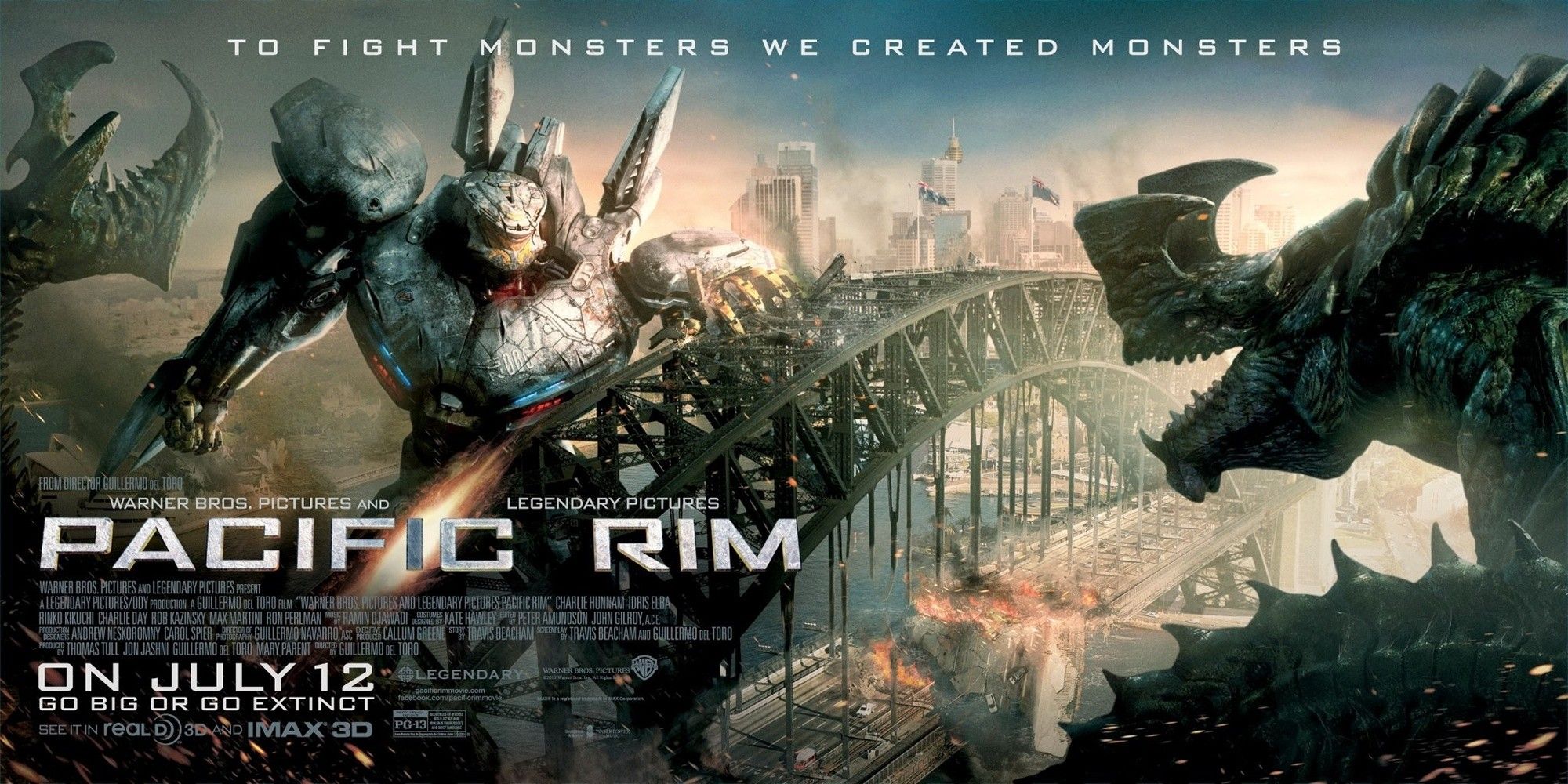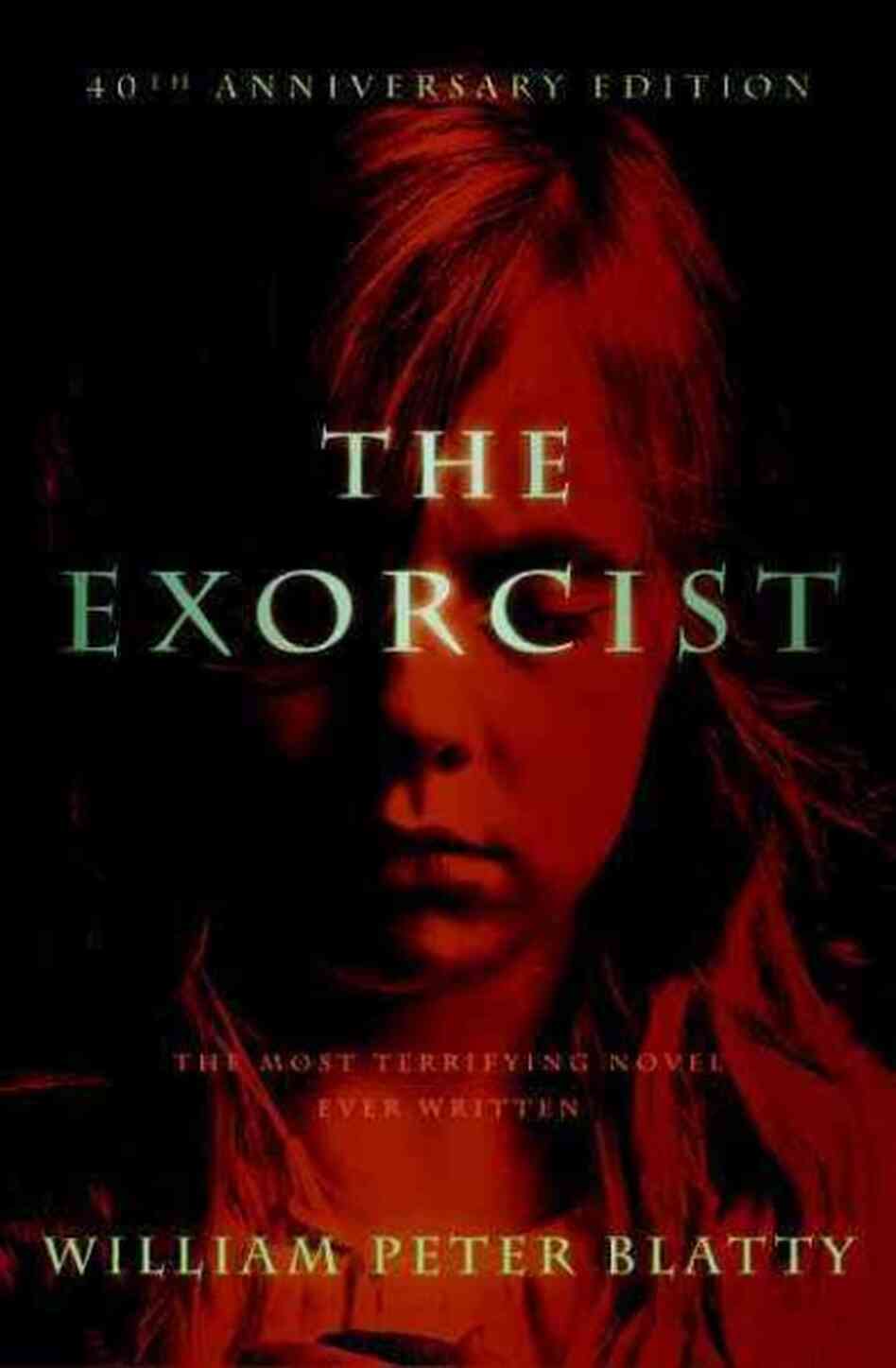So, I missed posting last week. In case anyone noticed. Or in case you didn't notice. Anyway, I did. Now, I have any one of a dozen things to which I could attribute it to. Class 5 came back from the editor for work, which I powered through and got back to her, which then came back and I've been working on formatting for Kindle and Createspace. I have it out to a handful of readers for some opinions pre-published, but I'm currently looking at a Sept. 1st release. So lots of excitement there.
I was also going through some testing to join a firefighter/emt training program. Didn't fail any one portion, but didn't make the final cut. Ah well. That was a bummer.
I've also been sucked into Candy Crush Saga. Yeah, horrible, I know.
So I was actually pretty busy last week, I thank you very very much, indeedy. Of course, none of those are an excuse. I still could've easily found the time to write up a post if I had tried, and I did have a few I started. Which brings me to the main reason I didn't get one done. I couldn't think of anything really to write about.
Anyway, my point is that when you make a mistake, you should own up to it, accept it as your own, fix it if you can, and then move on. It's a personal philosophy which applies to all aspects of life. After all, how can you learn from your mistakes and improve if you refuse to acknowledge that you've made them and try to sweep them under the rug? If you make a mistake, you shouldn't be able to just ignore the consequences.
So, the release of my second book is notable for a few reasons. It's notable that it's my second book, and that it was written with a much higher level of confidence than my first. Now, the thing about it being my second book, is that in addition to the attention it'll get on its own, it will also bring attention to my first. My first book not being the best example of what I can do.
Now, as of yet, I'm unsure how to un-publish a book printed through Amazon and Kindle, in addition, my book has popped up on a few other sites that I have no control over. So it's out there, and no matter what I do, I can't take it back. I also freely admit I made mistakes with that first book. Mistakes which, considering the amount of reading and research I did, shouldn't have been made.
Now, I've spent the past couple months trying to re-write and fix some of those mistakes, to make my first book a bit of a better representation of me, but without yanking it, re-doing the whole bloody thing, there's only so much I can do without making it a different book.
Now there's a thought.
Pull what I can from the public availability, re-write it, new cover, new title, and re-release it as a new book, maybe even under an alias. Avoid all the bad publicity from the poor reviews it's gotten and start fresh.
I don't think so.
I made mistakes when I published that first book, and I'm not going to hide and pretend I didn't. While it is true some of the readers that did those poor reviews are probably readers I'll never get back, I would feel even worse if one of them happened to pick up the new book and actually noticed it was simply the old book with a fresh coat of paint.
I wrote that book, had it edited and put it out there for people to read, while asking for money for it. I've EARNED every one of the reviews The Unknown Neighbor has, the good and the bad. I'm not going to re-release it under a different name and try to start from scratch. I screwed up, I admit it and I accept all the criticism it gets.
That being said, it's going to get an influx of attention with the release of my second book. So while I recognize it needs work and I've been trying to fix it to some degree, I know it's still not the best it could be, and there's not a whole lot I can do about it aside from putting off releasing my next book for another 3 months or so while the first gets re-edited. So currently, I've uploaded the most recent version with a lot of changes to Kindle and I've dropped the price to as low as the system will let me. This way, if someone snags it and feels offended by the time it took to read, they're not paying much for it. (I also want to leave this little reminder that you can get refunds on Kindle books within 7 days of the initial purchase.)
So in the next two weeks, my second book Class 5 should be up and available on Kindle and on Amazon through Createspace for $2.99 and$8.99 respectively. In addition, The Unknown Neighbor will be available on Kindle for $0.99 at least until I can get it re-worked a bit more and I feel comfortable charging more for it.
In the meantime, if you read The Unknown Neighbor and feel offended by it, the best I can do is apologize and say I'm aware it has issues. Thanks.
Also, in case you're curious what the cover art for Class 5 looks like, here's that too.
Enjoy. And thanks.
~ Shaun











